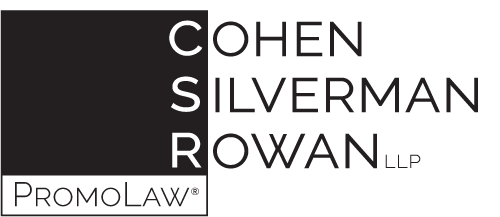The ratification of the Twenty-First Amendment and repeal of Prohibition established a complex regulatory scheme governing the alcohol beverage industry. In addition to federal law, each state has the authority to regulate alcohol beverages within its borders. Consequently, national alcohol beverage promotions must comply with federal law and the laws of each state and the District of Columbia – 52 jurisdictions!
Federal and state trade practice regulations establish and protect one overall regulatory theme: a three-tier system. Manufacturers occupy the first tier, wholesalers the second tier, and retail licensees the third tier. The three-tier system is meant to keep licensees at each tier separate and independent from licensees on the other tiers, with the primary purpose of ensuring that retail licensees are not unduly influenced by industry members.
To accomplish this goal, federal and state trade practice regulations generally prohibit industry members from giving “things of value” to retail licensees, if by doing so, the retailer is induced to purchase more of that industry member’s products and less of another industry member’s products.
While federal law does not concern itself unduly with the effect of trade practices on consumers, most state alcohol beverage regulatory schemes prohibit or restrict certain trade practices which may induce consumers to purchase alcohol beverages. In other words, states are concerned with preventing over-consumption of alcohol beverages. Consequently, promotional practices aimed at consumers are regulated primarily at the state level.
Conceptually, consumer offers in which an alcohol beverage purchase is required are highly regulated at the state level. About a third of the states simply prohibit all such offers. Of the remaining states, over half place restrictions on such offers. For example, although many states permit suppliers to offer alcohol beverage coupons or rebates, they may restrict such offers in terms of how/where they may be advertised or distributed to consumers (e.g. at the point of sale, on packages, published in newspapers, or distributed via direct mail or hand out), maximum value and the types of retail accounts that are permitted to redeem coupons. Further, depending on the type of consumer offer, prior approval from the state alcohol board may be required in several states.

